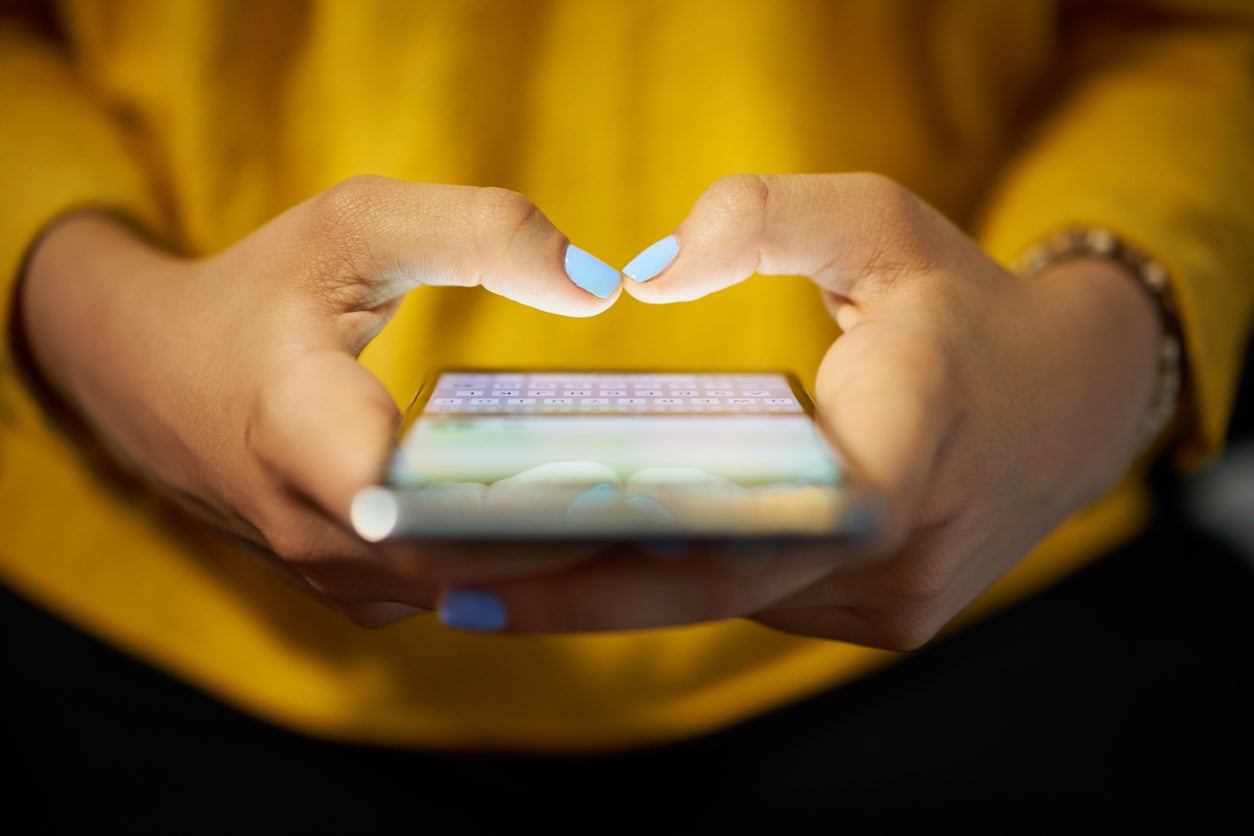The Independent's journalism is supported by our readers. When you purchase through links on our site, we may earn commission.
The average Brit checks their phone 10,000 times a year, study finds
We live in a digital world, but has our dependency on our phones gone overboard?

Your support helps us to tell the story
From reproductive rights to climate change to Big Tech, The Independent is on the ground when the story is developing. Whether it's investigating the financials of Elon Musk's pro-Trump PAC or producing our latest documentary, 'The A Word', which shines a light on the American women fighting for reproductive rights, we know how important it is to parse out the facts from the messaging.
At such a critical moment in US history, we need reporters on the ground. Your donation allows us to keep sending journalists to speak to both sides of the story.
The Independent is trusted by Americans across the entire political spectrum. And unlike many other quality news outlets, we choose not to lock Americans out of our reporting and analysis with paywalls. We believe quality journalism should be available to everyone, paid for by those who can afford it.
Your support makes all the difference.Nowadays, everywhere you go you’ll come across people with their eyes glued to their phones, swiping on Bumble or perusing Twitter for the latest trends.
However, it may be time to assess whether our addiction to our smartphones has gone a step too far.
According to a survey, the average Brit checks their phone 28 times a day. That’s at least once an hour… and more than 10,000 times a year.
It’s undeniable that many of us would struggle to live without our smartphones.
“Our smart devices have become an essential part of modern life, and checking them regularly is second nature for more users,” says Greg Tatton-Brown, spokesperson for online casino Casumo.com.
“However, the instances of compulsive checking are much higher than we would have imagined, showing our phones are as much a habit as they are an aide to our busy lifestyles and an immediate source of entertainment, from wherever we are.”
As many as a third of smartphone users would confess to having a smartphone addiction, although it’s likely many more do without realising it.
Tanya Goodin, author of OFF, explained the futility of our incessant need to constantly check our phones.
“A lot of the repetitive and compulsive phone-checking we do isn’t actually adding any value to our lives,” she says.
“We’re like captive lab rats, responding to the bells and whistles software designers increasingly build in to make their apps addictive.
“It’s no wonder we find it hard to put our devices down when sophisticated neuroscience and ‘persuasive tech’ is hijacking our brains to make us want more.”
If you’re starting to feel as though your smartphone is draining your energy and concentration, a digital detox may be just what you need to feel revitalised.
“A short period of digital detox, being temporarily without screens, can improve the quality of your sleep, your focus and concentration and reduce stress,” Goodin advises.
“A recent study in Denmark found that coming off just Facebook completely for a week significantly boosted the happiness of the group that tried it.”
Breaking a habit is far easier said than done. However, reducing the amount of time you spend with your eyes stuck on a screen could do you a whole lot of good.
Join our commenting forum
Join thought-provoking conversations, follow other Independent readers and see their replies
Comments